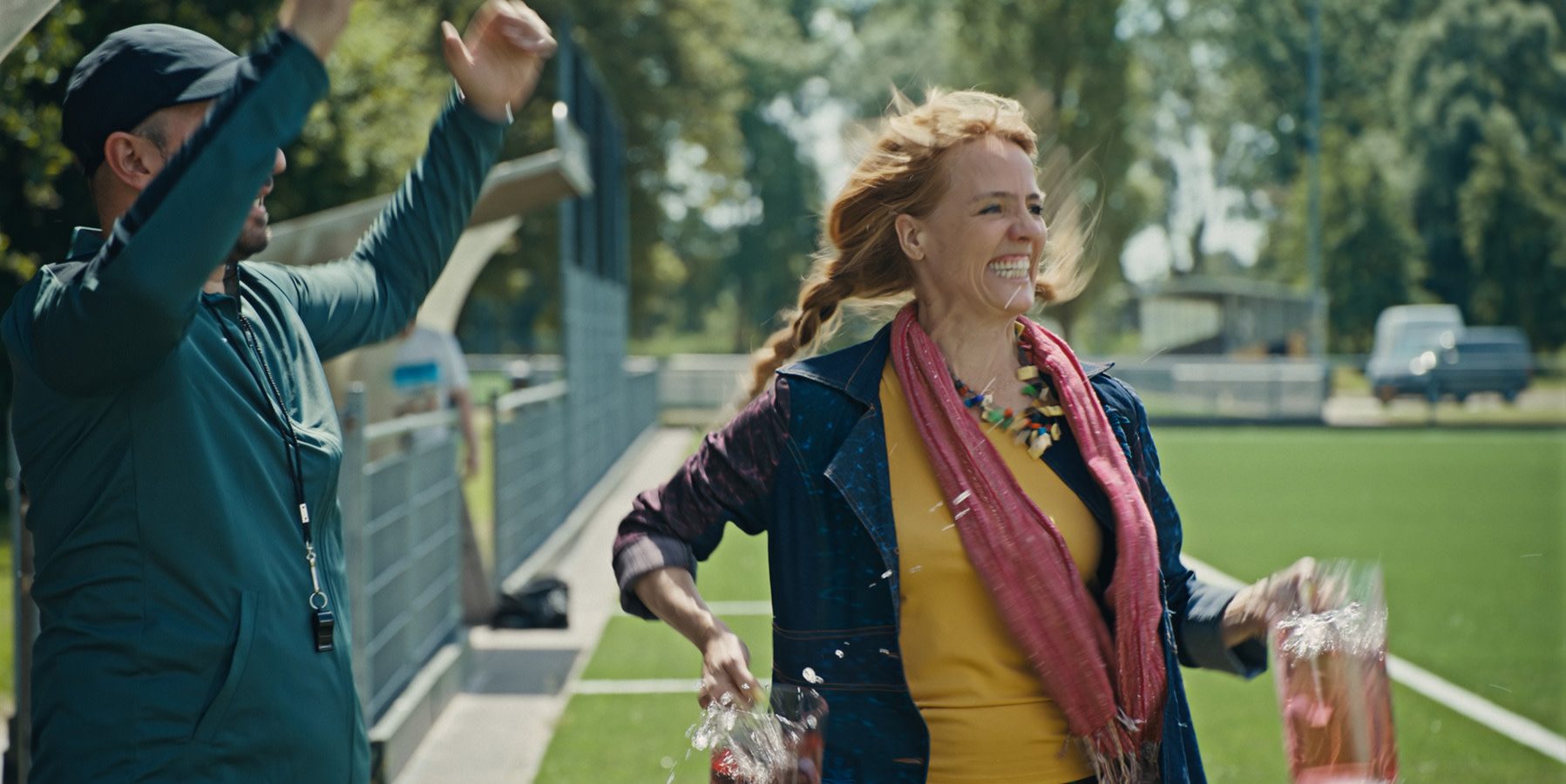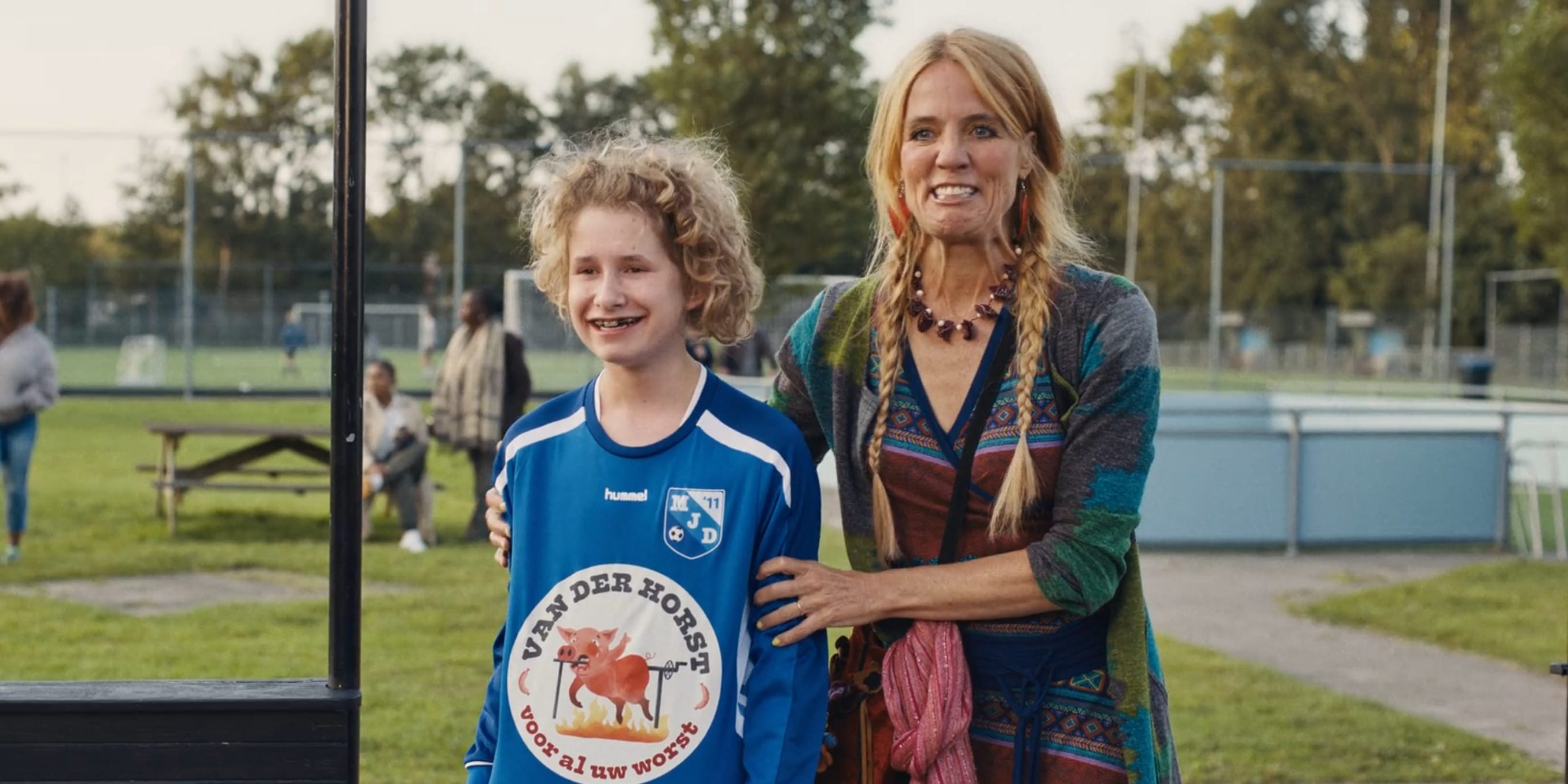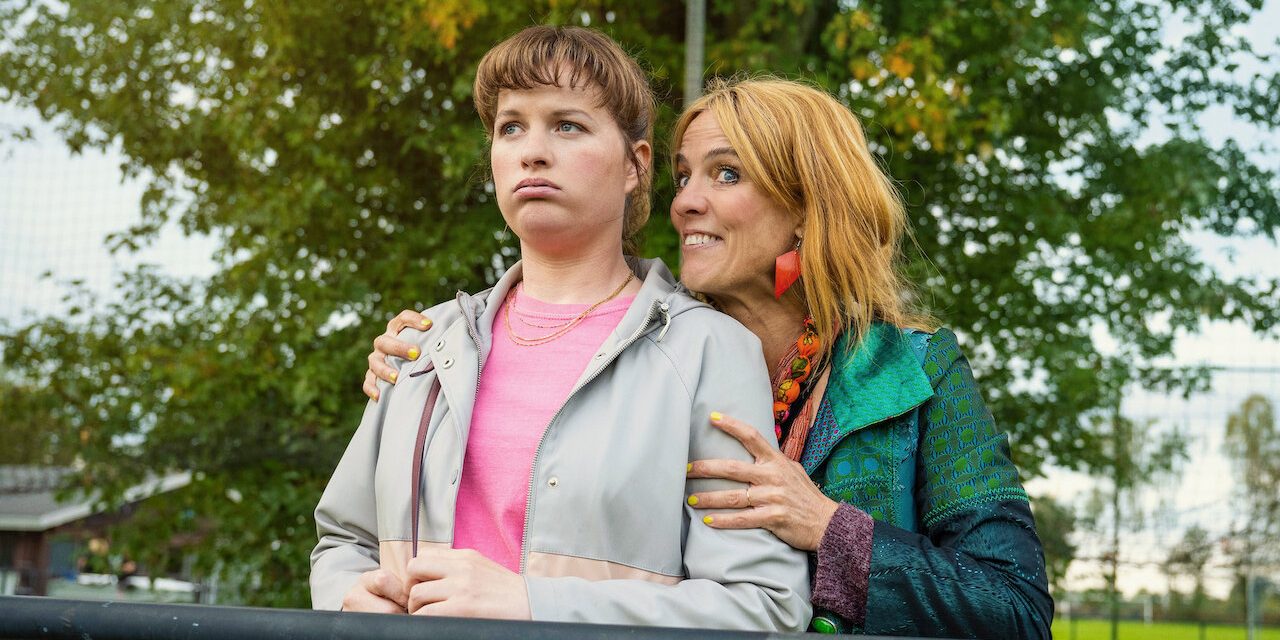Originally titled ‘Voetbalouders,’ Netflix’s ‘Football Parents’ tells the story of a group of overbearing and overentitled parents who constantly interfere in the affairs of their children’s amateur football journey, which becomes a source of ridicule and embarrassment for everyone involved, including the kids. Crafted by Ilse Warringa, the comedy-drama series is centered on Lillian and her son Levi, newcomers to the low-ranking under-13 soccer team MJD. After spending a brief time with the parents, Lillian realizes that the guardians are more concerned with the petty victories from the sideline than the kids themselves, leading to a toxic and dysfunctional environment within the camp. To that end, the series focuses on the realities of parent-child relationships and how they can be vital to an individual’s development in demanding industries like sports.
Football Parents Unveils the Absurdity of Parental Pressures in Child Sports
While ‘Football Parents’ largely centers on a fictional narrative brought to life by writer and director Ilse Warringa, the show takes cues from the real-life responses of sideline parents who get too invested in the games played by their kids. The concept popped into Warringa’s head naturally, especially as it resonates with things in her own life. In an interview with Netflix, the writer said, “For years, I’ve been spending my weekends on the sidelines, cheering for my two football-playing children. A few years ago, when they asked me to stop cheering and shouting, I realized that that was the beginning of a new comedy series.” As such, Warringa mined her own wealth of experiences to come up with the amusing antics of the parents who get super involved in managing their kid’s soccer journey.

Despite following fictional characters, the show’s authenticity is achieved through a realistic portrayal of the high expectations placed upon underage athletes to perform consistently, albeit through a heightened lens. With each passing decade, the sports industry becomes increasingly competitive and demanding of players. To that end, most soccer teams today have academies catering to all age groups, which is a way to ensure that top talent is recruited before any competitors join the market. However, this often leads to a growing sense of anxiety and nervousness in players to perform from a very young age, skewing the level of expectations placed on their shoulders. This is abundantly visible in how the parents in ‘Football Parents’ egg their kids to resort to dubious tactics to ensure victory, which goes against the sportsmanship elements and eliminates the fun parts of being a child.
Intriguingly, Vito, the only kid within the group who prioritizes fun over deadly games, is shunned by his peers and the other parents. Although Vito is perfectly normal from a psychological standpoint, everybody perceives his lack of focus on being good at soccer as a weakness. However, his mother, Marenka, who is an eccentric individual, sees Vito’s journey as something to be proud of, especially because he enjoys making friends at the club. Therefore, for Marenka and Vito, the social elements of the soccer club are more important than the pressures put on kids to perform like professionals in the business. It provides a compelling case for a more wholesome type of parenting than the other entitled soccer parents, even though it is mostly played for laughs throughout the show. Still, the central message is displayed loud and clear through the juxtaposition.
MJD is a Fictional Club in the Dutch Soccer Pyramid

Although ‘Football Parents’ touches upon some prescient concerns, the main soccer team at the heart of the narrative, MJD, is a fictional low-tier club for under-13 kids. It was crafted by creator Ilse Warringa, tapping into the experiences of kids who play in lower competitions through a regional/local club team. As playing for a world-renowned club can often be a challenging process in terms of selection, most young soccer aspirants pick up most of their skills while playing informally in the lower tiers. This allows players to calibrate their mindset alongside their growing physical capabilities. MJD offers the perfect environment in that aspect. However, the antics of the parents on the sidelines regularly bring shame to the club, adding to their humiliation on a weekly basis.
Ultimately, the club’s value can be measured in terms of the purpose it serves within the narrative. As the writer wanted to delve into the nitty-gritty elements of sideline parent culture, a bottom-feeder club like MJD offers a suitable avenue for such frustrations to brew amongst the adults. Interestingly, the show also occasionally mentions a couple of real-life Dutch soccer clubs, such as FC Utrecht and Go Ahead Eagles. It indicates that MJD exists in the same universe as those clubs, adding a sense of realism to the whole thing even though it is largely fictional. For filming, the crew utilized preexisting football pitches for most of their scenes. To that end, the production team set up their operations in AVV Swift in Amsterdam and Cion in Vlaardingen. The latter was likely used as a stand-in for the scenes featuring the MJD club grounds.
Read More: Where is Secrets We Keep Filmed? Filming Locations of the Netflix Show


